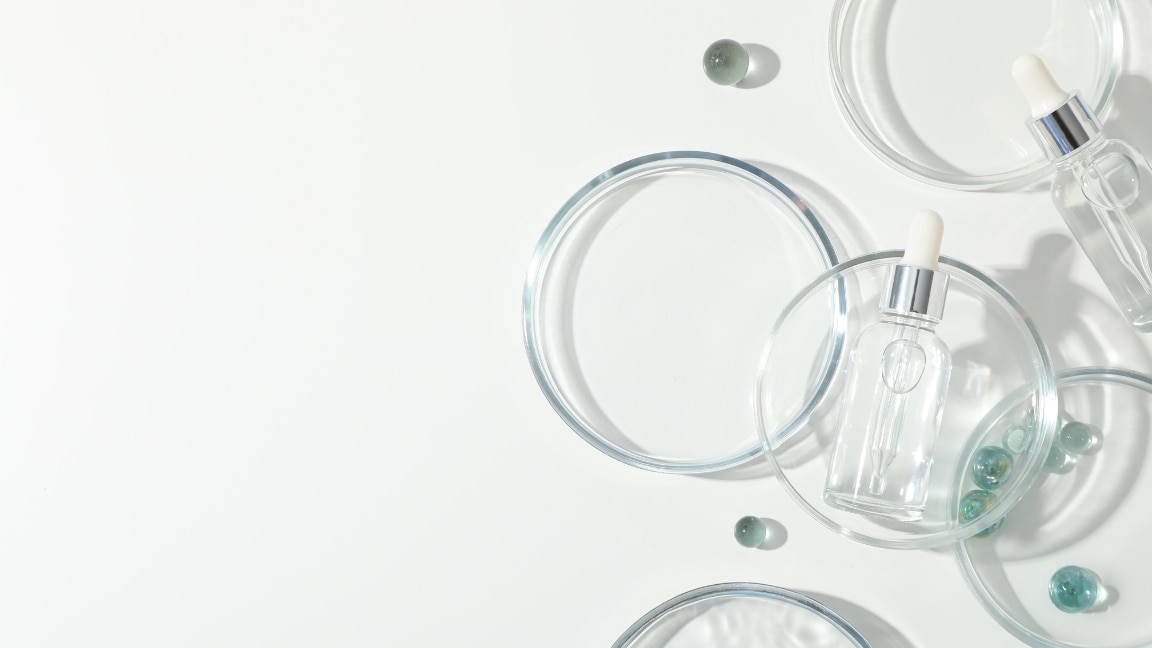If you've been hearing about vitamin E benefits for skin and wondering whether it deserves a place in your routine, you're not alone. This skincare hero has been around for decades, popping up in everything from moisturisers to serums to face oils. But beyond the hype, what exactly makes vitamin E so popular? And what are the vitamin E uses for skin that make dermatologists and beauty lovers alike rave about it? Let's break it all down so you can decide whether this antioxidant superstar is right for you.
01What is Vitamin E?

Vitamin E is a fat-soluble antioxidant found naturally in certain foods like nuts, seeds, and green leafy vegetables. In skincare, it is celebrated for its ability to protect skin cells from free radical damage (think pollution, UV exposure, and other environmental aggressors).
So, what does vitamin E do for your skin? Simply put, it helps strengthen the skin barrier, locks in moisture, reduces oxidative stress, and supports overall skin health. No wonder you'll spot it in so many creams, oils, and serums today!
02Benefits of Vitamin E for Skin
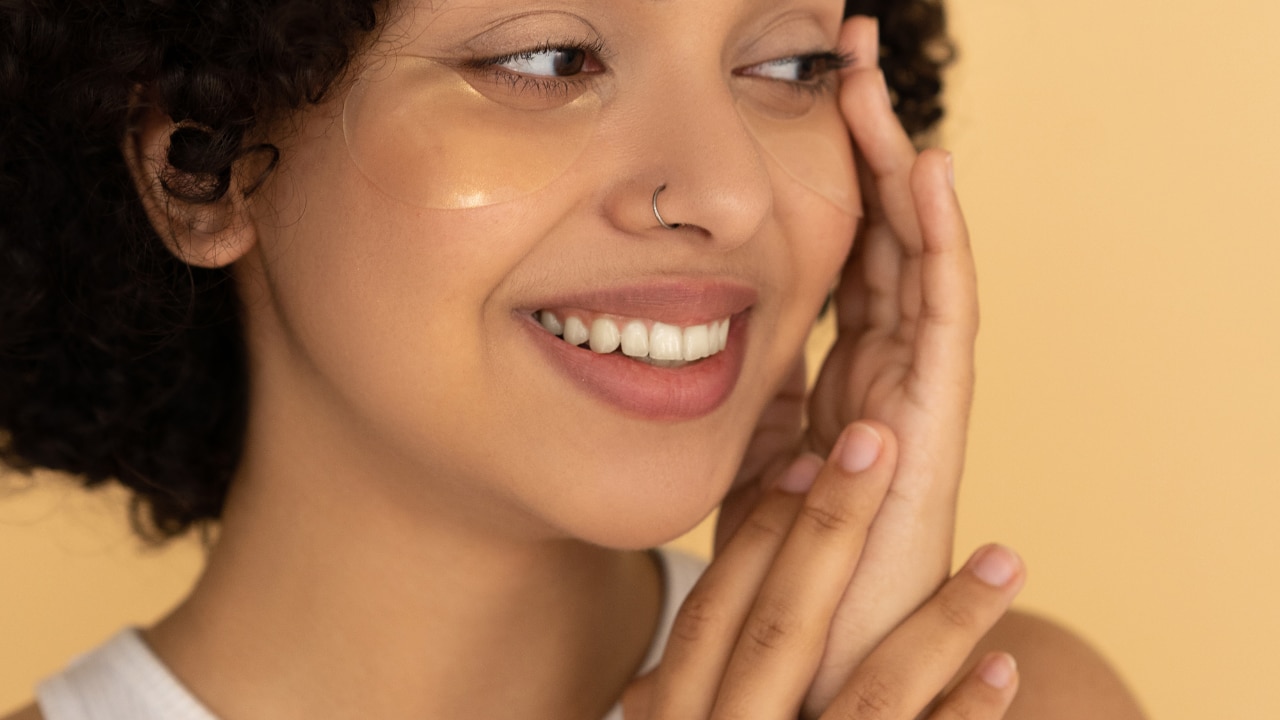
Here's why everyone—from beauty editors to dermatologists—can't stop talking about vitamin E:
- Deep hydration: Perfect for dry and dehydrated skin, vitamin E locks in moisture and prevents water loss.
- Powerful antioxidant protection: Shields your skin from environmental stressors like UV rays and pollution.
- Supports skin repair: Helps soothe irritated skin and aids in the healing process of minor burns or cuts.
- Reduces the look of scars: Regular use can help soften the appearance of acne marks or scars over time.
- Slows down premature ageing: By fighting oxidative stress, vitamin E helps keep fine lines and wrinkles at bay.
- Boosts skin barrier function: Strengthens the skin's natural defences, making it more resilient to external damage.
- Adds a natural glow: Its nourishing properties leave your skin looking radiant and healthy.
- Calms irritation: Especially helpful for sensitive or compromised skin.
03How to Use Vitamin E for Skin

Vitamin E comes in many forms—vitamin E oil for skin, vitamin E capsules for skin, vitamin E tablets for skin, and even vitamin E foods for skin. Here's how you can make the most of each option: 1. Vitamin E Oil for Skin
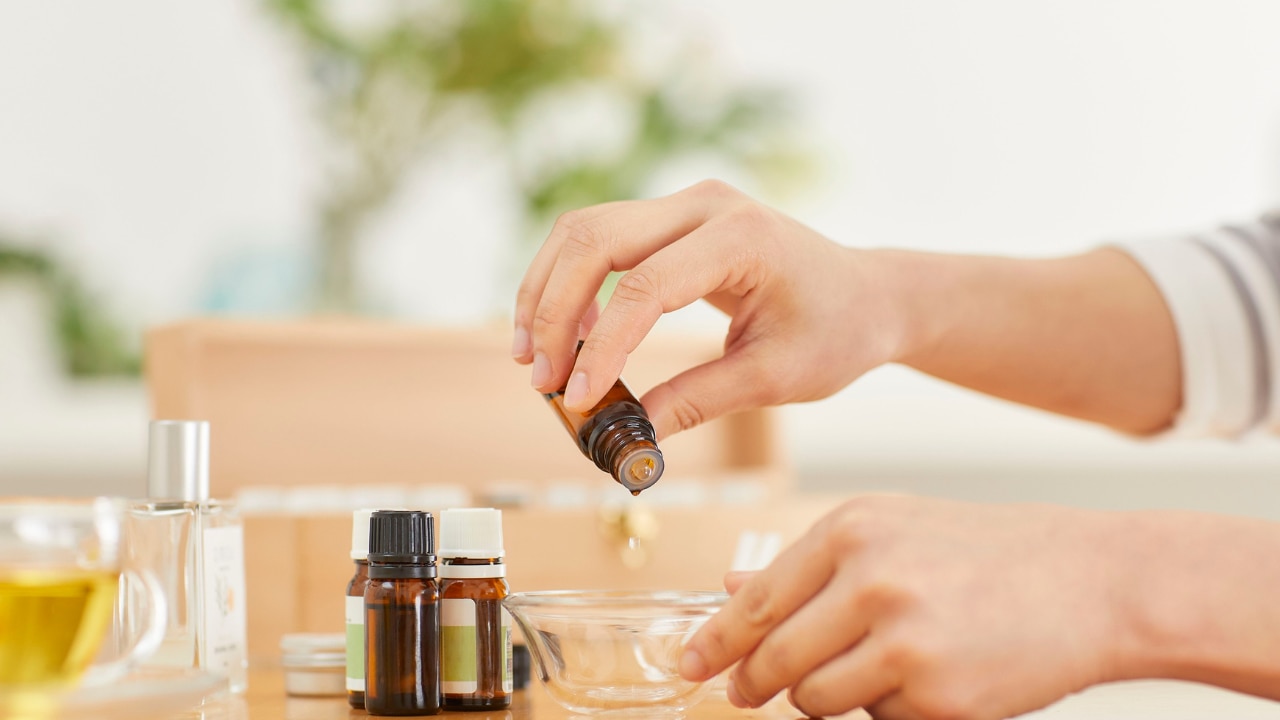
Best for: Dry and mature skin
- Massage a few drops of vitamin E oil mixed with a carrier oil like jojoba or almond oil into your skin at night.
- It deeply hydrates, softens rough patches, and works well as an overnight treatment.
2. Vitamin E Capsules for Skin

Best for: Targeted treatments
- You can cut open vitamin E capsules for skin and apply the oil directly to scars or dry areas.
- Alternatively, consume vitamin E supplements (only after consulting a doctor) for overall skin health.
3. Vitamin E Tablets for Skin
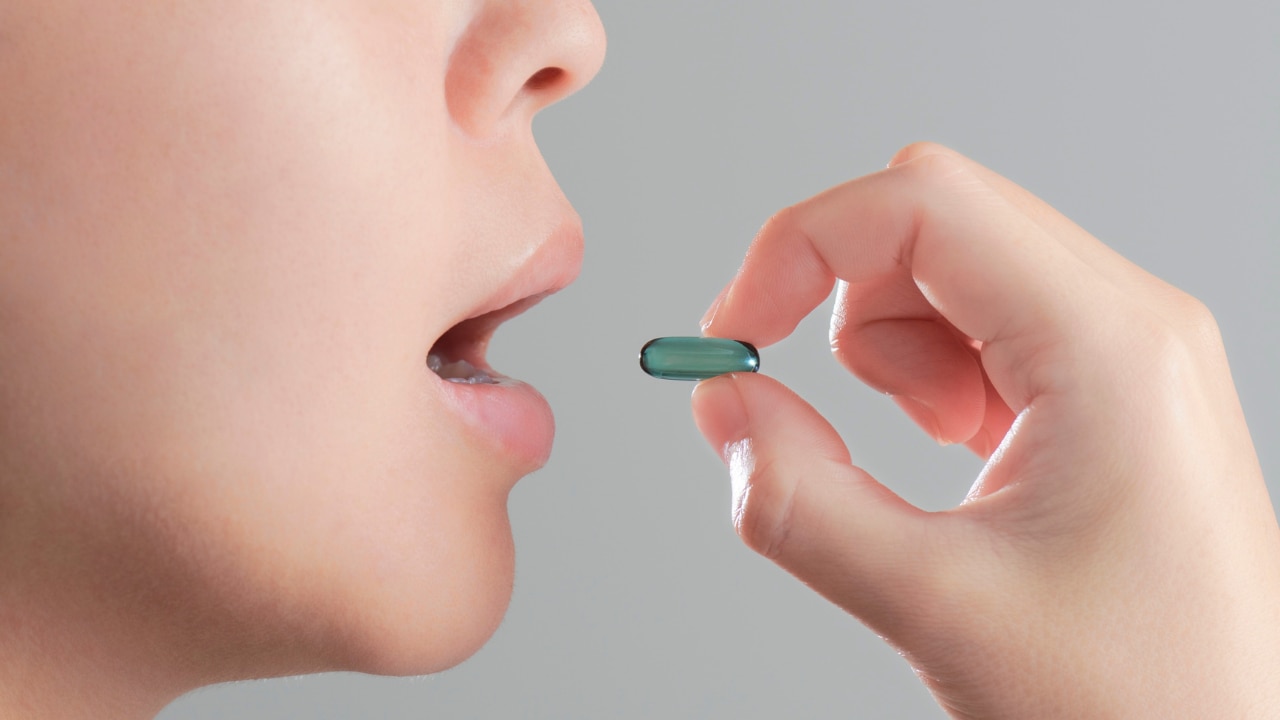
Best for: Systemic benefits
- These are taken orally to boost antioxidant levels from within, helping improve skin health over time.
- Always check with a healthcare provider about the right dosage to avoid side effects.
4. Vitamin E Foods for Skin
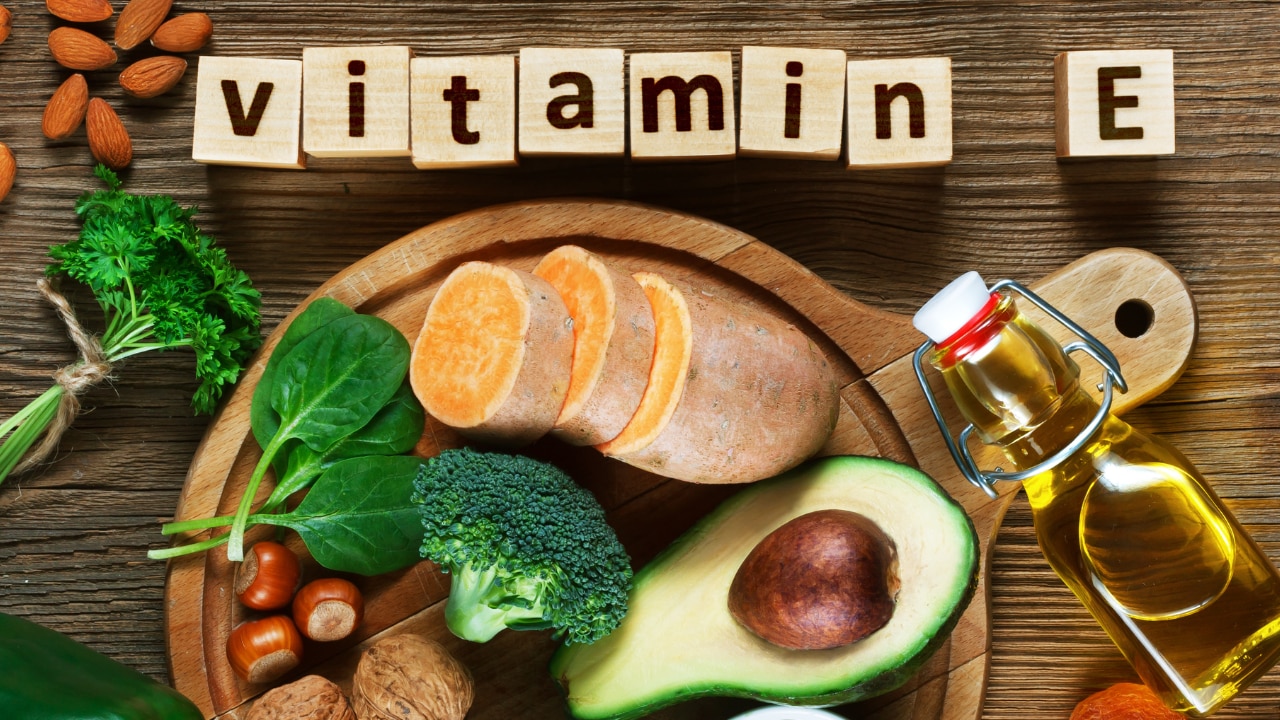
Best for: Everyday nourishment
- Foods like almonds, sunflower seeds, spinach, and avocados are rich in vitamin E and great for your skin when consumed regularly. 5. Vitamin E in Moisturisers and Serums
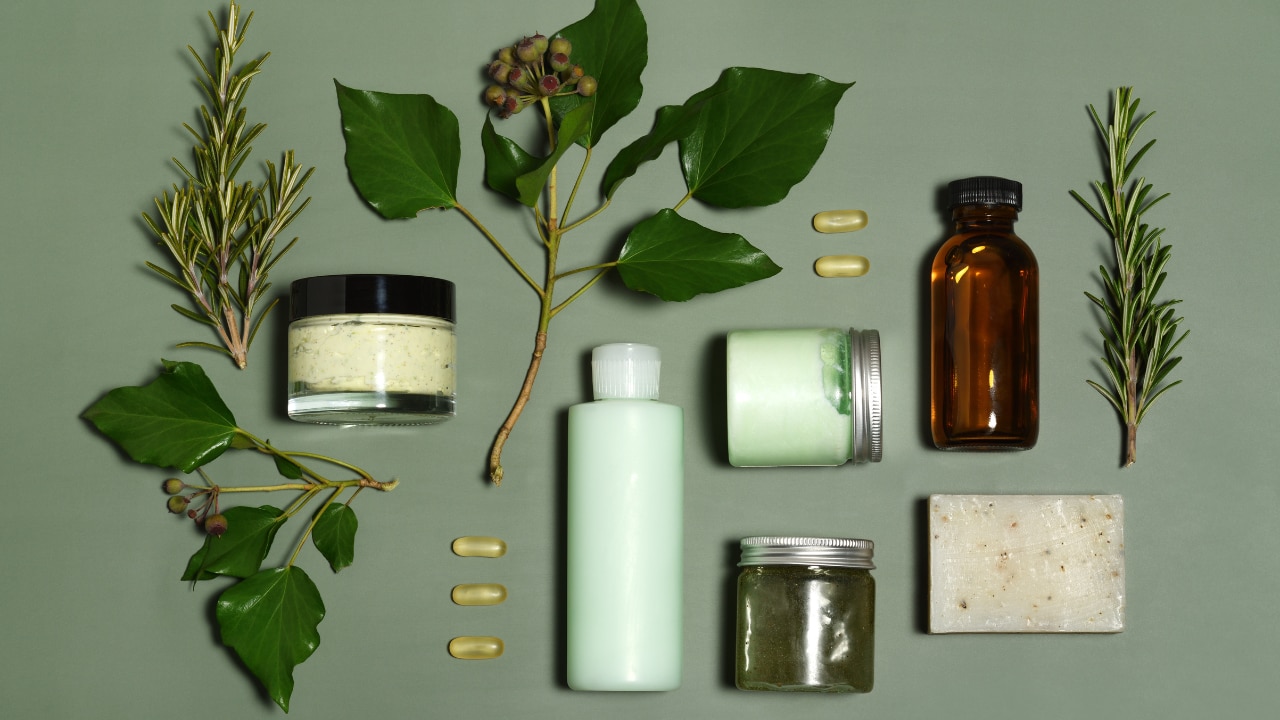
One of the simplest and most effective ways to reap the benefits of Vitamin E is by using skincare products formulated with it. Unlike concentrated oils or DIY capsules, Vitamin E-enriched moisturisers and serums are designed for everyday use — offering hydration, protection, and repair in a skin-friendly format. Vitamin E is a powerful antioxidant that helps neutralise free radicals , repair damaged skin , and boost moisture retention . In moisturisers, it supports a healthier skin barrier, while in serums, it works deeper to soothe inflammation and enhance your skin's natural glow. The best part? These products often pair Vitamin E with other skin-loving ingredients like hyaluronic acid or Vitamin C, making them ideal for boosting radiance without heaviness or greasiness. Looking for options? Here are some well-loved Vitamin E-infused picks:
- Pond's Super Light Gel Oil-Free Moisturiser for lightweight hydration that won't feel greasy.
- Simple Replenishing Rich Moisturiser for soothing nourishment, especially if you have dry skin.
- Simple Protect N Glow Vitamin C Moisturising Glow Gel for the perfect vitamin E + C antioxidant boost.
- Simple Ultra-Light Liquid Moisturiser if you want hydration without heaviness—especially great for oily or combination skin.
04Vitamin E for Different Skin Types

- Vitamin E for Dry Skin: Works wonders as it prevents transepidermal water loss and keeps skin soft and plump.
- Vitamin E for Oily Skin: Opt for lighter, oil-free formulas to avoid clogging pores.
- Sensitive Skin: Always do a patch test first as concentrated vitamin E oil might be too heavy for some skin types.
05Side Effects of Vitamin E on Skin
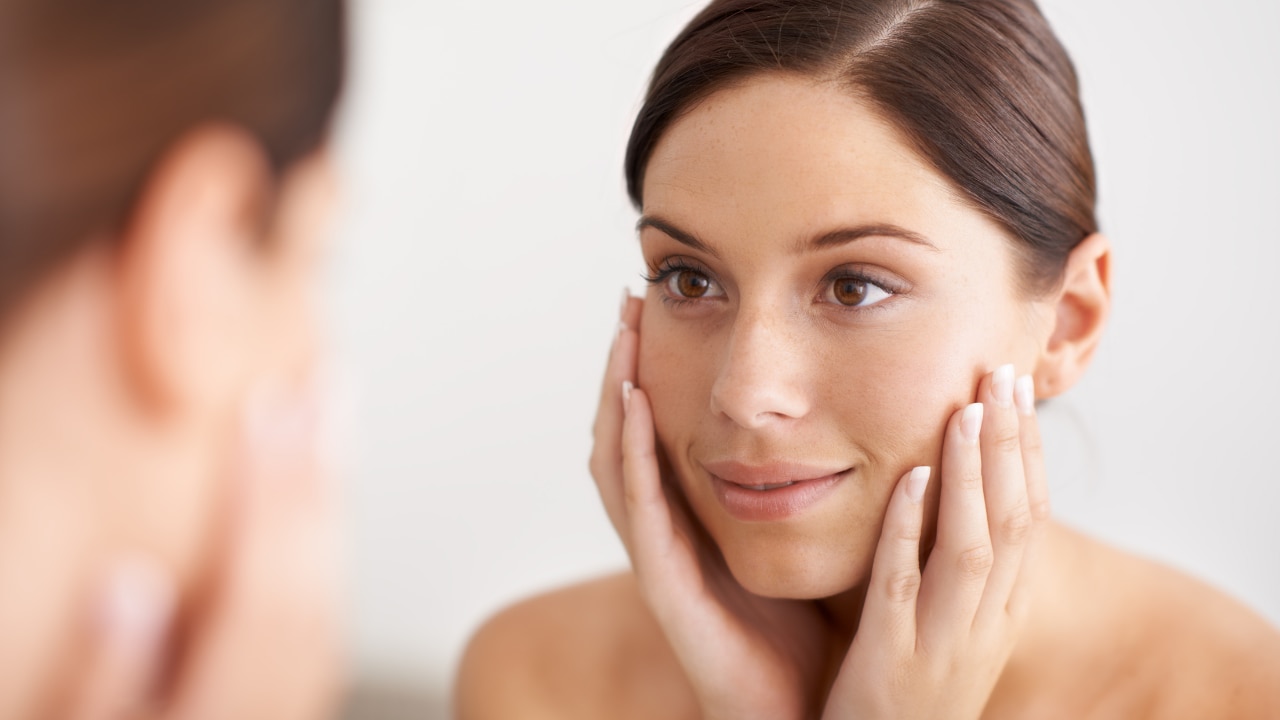
While vitamin E for skin is generally safe, here are some vitamin E side effects to keep in mind:
- Allergic reactions: Some people may develop redness, itching, or a mild rash after applying Vitamin E. In rare cases, this can escalate to hives, swelling of the face or lips, or tightness in the throat—all signs of an allergic response that need medical attention.
- Skin irritation: Overuse of concentrated Vitamin E oil can lead to burning, peeling, or crusting, especially on sensitive or broken skin.
- Clogged pores: Vitamin E is a thicker oil, and in its pure form, it can block pores—triggering breakouts in acne-prone or oily skin types.
Oral Supplement Side Effects:
- Nausea or headaches: High doses of Vitamin E supplements can sometimes cause stomach upset, headaches, or dizziness.
- Blood thinning: Excessive intake may interfere with blood clotting, especially if you're on medication—so it's best to consult a doctor before starting oral Vitamin E.
Quick Tips to Stay Safe:
- Always patch-test before applying a new Vitamin E product to your face or body.
- Use formulated creams or serums instead of pure oil if you have sensitive or acne-prone skin.
- Stick to recommended doses when taking Vitamin E supplements.
A little goes a long way—when used correctly, Vitamin E can be a powerful ally in your skincare routine without causing unwanted side effects.
06Dermat Tips to Maximise Vitamin E Benefits for Skin
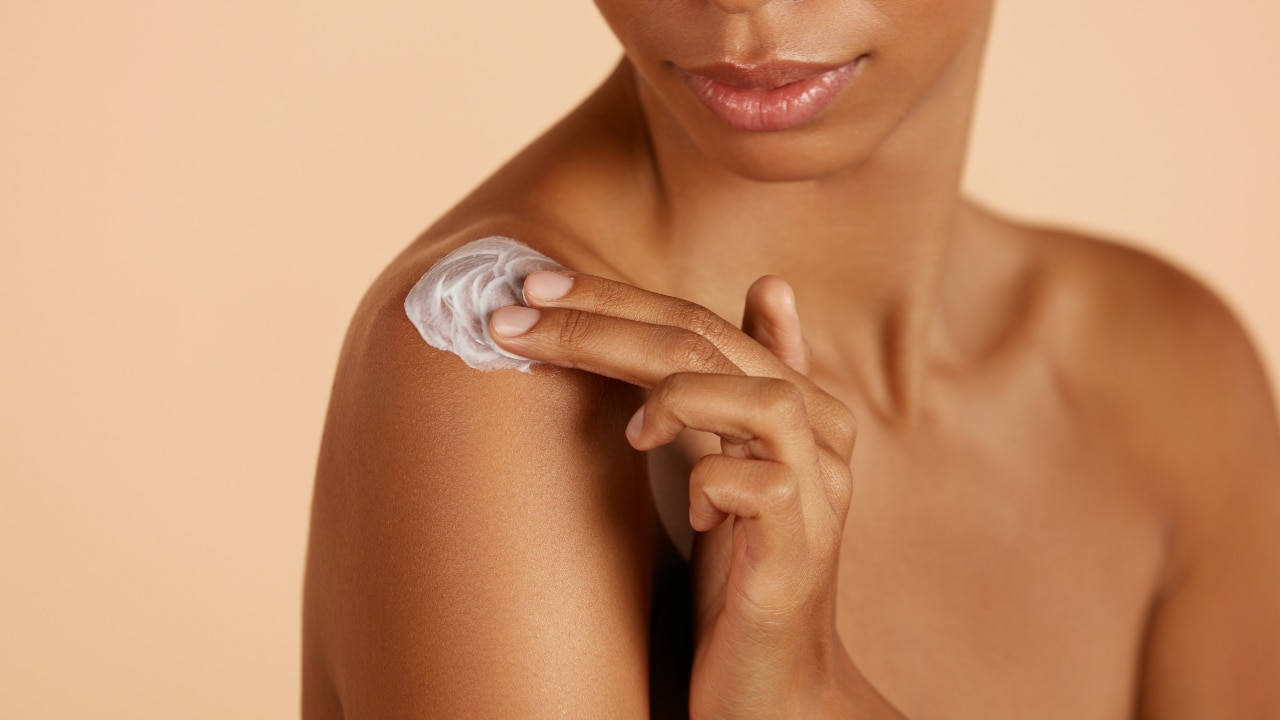
Here are some dermatologist-approved ways to make vitamin E work harder for you:
- Combine vitamin E with vitamin C for maximum antioxidant protection.
- Use at night so your skin can repair while you sleep.
- Start with vitamin E-enriched moisturisers before trying pure oils.
- Always wear sunscreen during the day—vitamin E is not a replacement for SPF.
- For oily or acne-prone skin, choose gel-based products instead of heavy oils.
07Conclusion
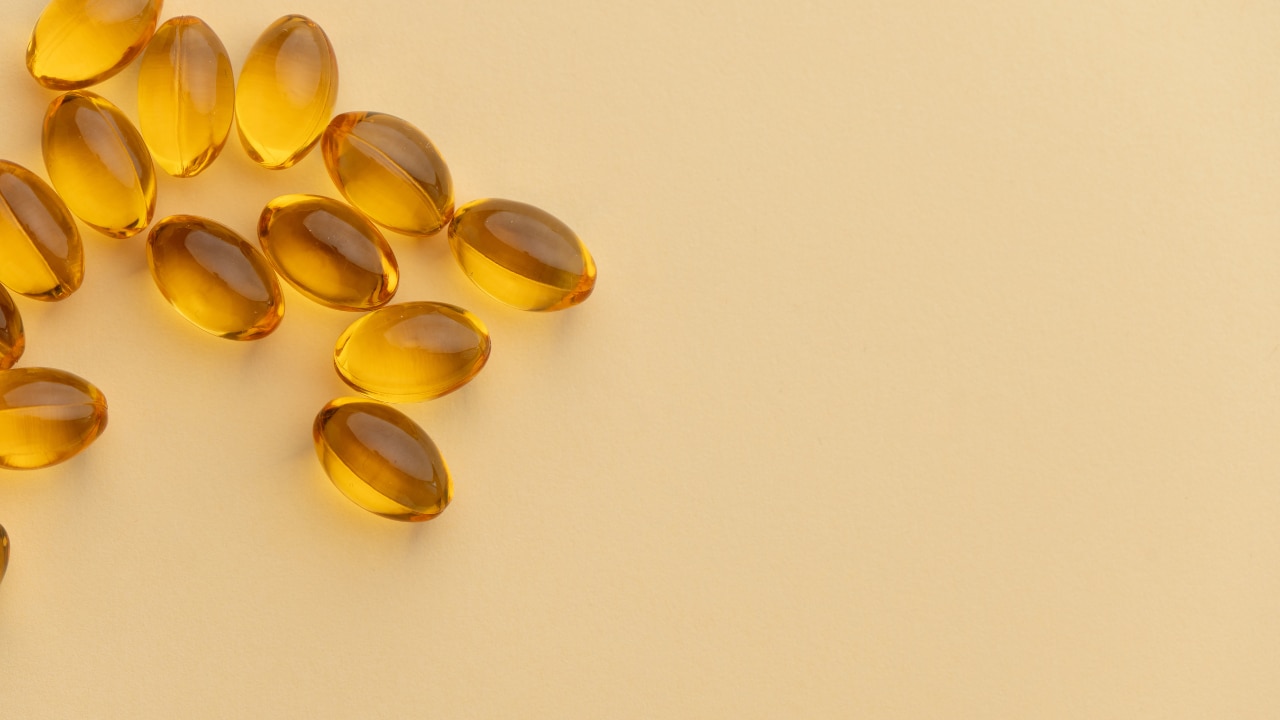
From reducing scars to boosting hydration, vitamin E for skin truly deserves its superstar status in the beauty world. Whether you choose vitamin E oil for skin, pop vitamin E tablets for skin, or simply load up on vitamin E foods for skin, there's a way for everyone to include this antioxidant in their routine. Just remember: moderation is key, and consistency always wins when it comes to skincare.
08FAQs
1. Is vitamin E good for skin?
Yes, it deeply nourishes, repairs, and protects the skin from environmental damage.
2. Can I use vitamin E for oily skin?
Yes, but opt for lightweight, oil-free formulas like Pond's Super Light Gel Oil-Free Moisturiser to avoid clogging pores.
3. How to take vitamin E for skin health?
You can use it topically, eat vitamin E-rich foods, or take oral supplements after consulting a doctor.
4. Can vitamin E help with scars?
Yes, regular use may help fade scars and marks over time.
5. Are there any side effects of vitamin E?
Overuse of concentrated vitamin E oil can cause breakouts, and high oral doses should be taken only under medical supervision.

